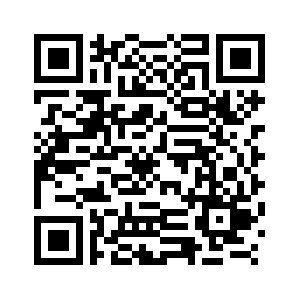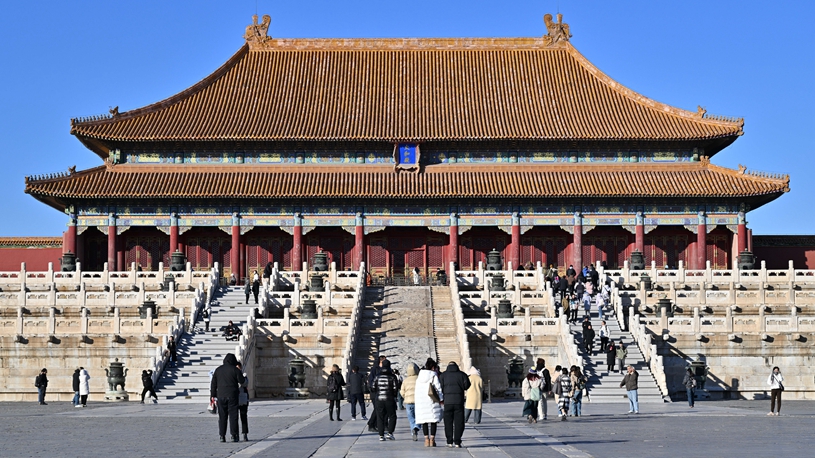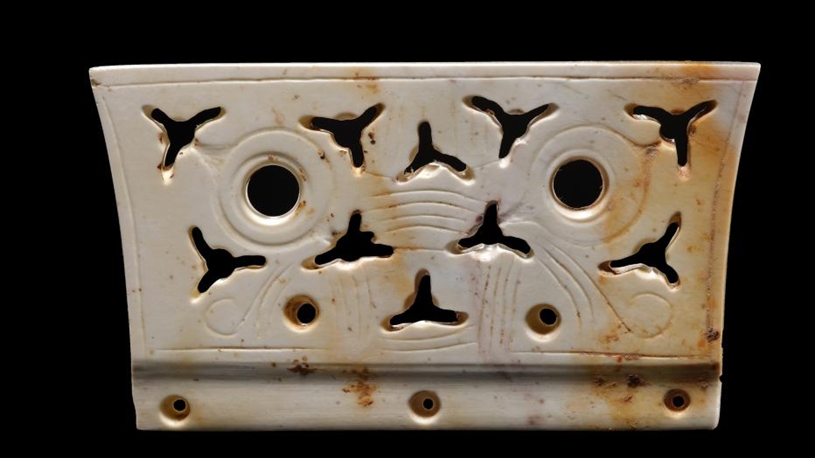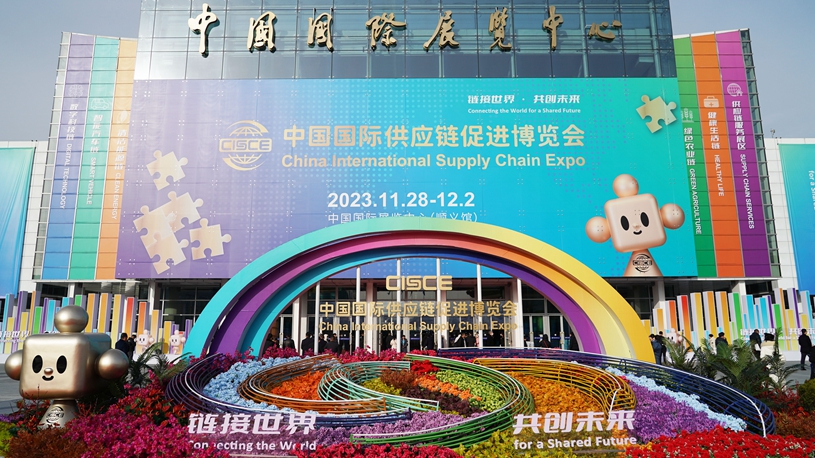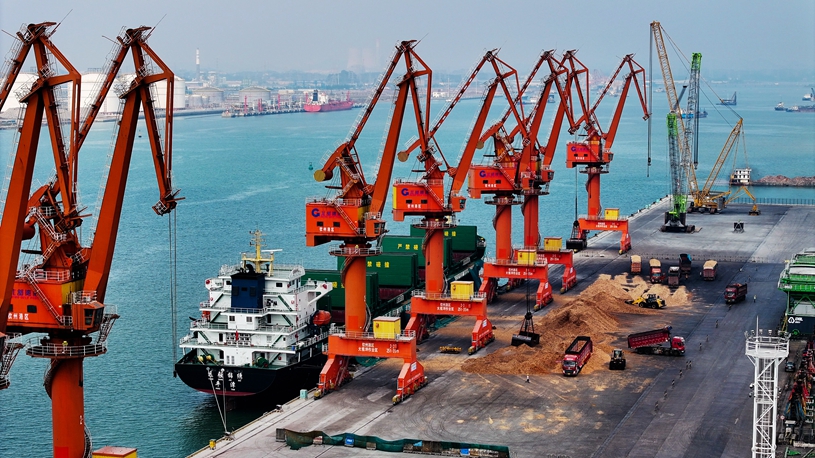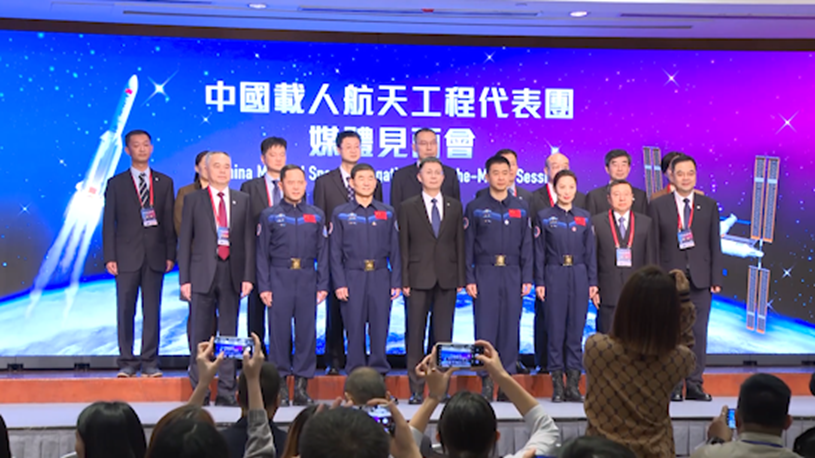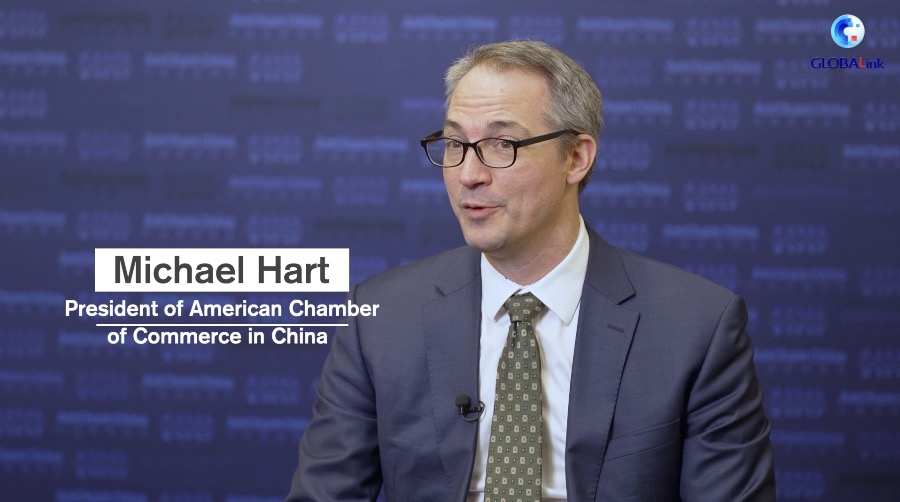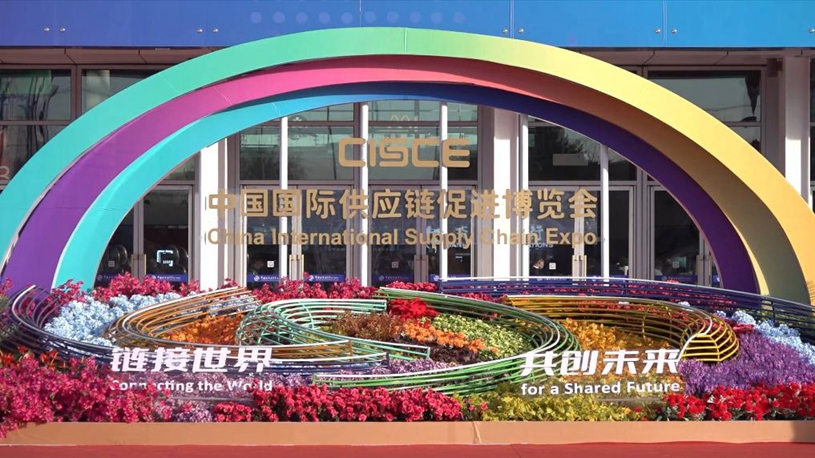Video: Former U.S. Secretary of State Henry Kissinger passed away, at the age of 100. (Xinhua)
The distinguished centenarian was best known in China and all over the world for the wisdom of diplomacy to seek common ground while reserving differences.
NEW YORK, Nov. 30 (Xinhua) -- Former U.S. Secretary of State Henry Kissinger died on Wednesday at home in Connecticut at the age of 100.
Henry Alfred Kissinger, born on May 27, 1923, in Furth, Germany, was a distinguished American diplomat and political scientist.
Fleeing the Nazi regime in 1938, Kissinger and his family found refuge in the United States, where he later became a naturalized citizen in 1943.
During World War II, Kissinger served in the U.S. Army and later in the Counter Intelligence Corps in post-war Germany. His academic journey led him to Harvard University, where he earned his bachelor's, master's, and doctoral degrees. Subsequently, Kissinger became a prominent professor of government and international affairs at Harvard, where he taught international relations for almost 20 years.
In 1969, President Richard Nixon appointed Kissinger as National Security Advisor. His influence was considered pivotal in shaping U.S. foreign policy, notably during the Vietnam War era. Kissinger's pragmatic approach earned him a reputation as a skilled strategist.
From 1973 to 1977, Kissinger served as the U.S. Secretary of State under President Nixon and President Gerald Ford. His tenure was marked by groundbreaking diplomatic achievements, including the policy of detente with the Soviet Union and the historic normalization of relations with China.
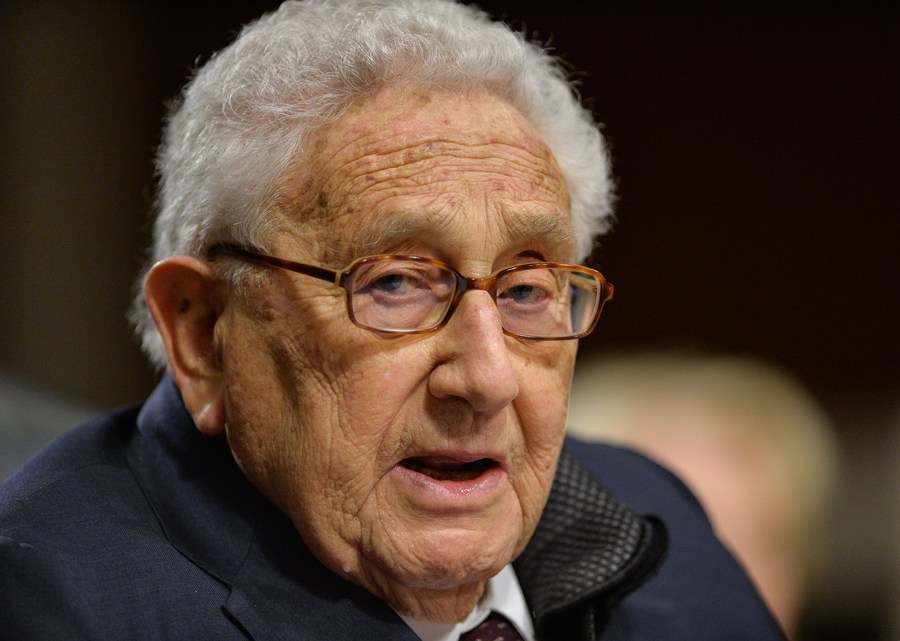
This file photo taken on Jan. 29, 2015 shows former U.S. Secretary of State Henry Kissinger testifying before the Senate Armed Services Committee during a hearing on Global Challenges and the U.S. National Security Strategy in Washington D.C. (Xinhua/Bao Dandan)
Following his government service, Kissinger continued to wield significant influence in international relations. He authored 21 books, delivered impactful speeches, and provided counsel to subsequent U.S. administrations.
Kissinger's realpolitik approach and enduring contributions to global diplomacy solidify his legacy as one of the 20th century's most influential diplomats, according to experts on international relations.
Most recently, Dr. Kissinger focused his attention on the implications of artificial intelligence. He was a frequent guest with media and on panel discussions, writing, and traveling abroad.
The distinguished centenarian was best known in China and all over the world for the wisdom of diplomacy to seek common ground while reserving differences.
Kissinger had visited China more than 100 times, the most recent one being in late July this year, about two months after he celebrated his 100th birthday, during which Chinese President Xi Jinping met him in Beijing.
On Oct. 24, Kissinger was honored at the annual Gala Dinner of The National Committee on U.S.-China Relations in New York City.
"A peaceful relationship, a cooperative relationship between the U.S. and China is essential for peace and progress of the world," said Kissinger at the event. ■
